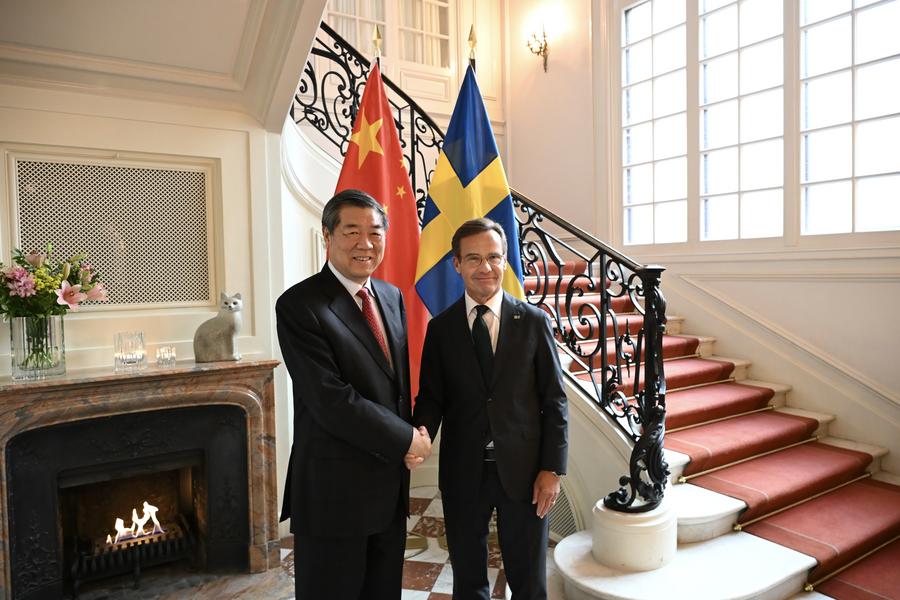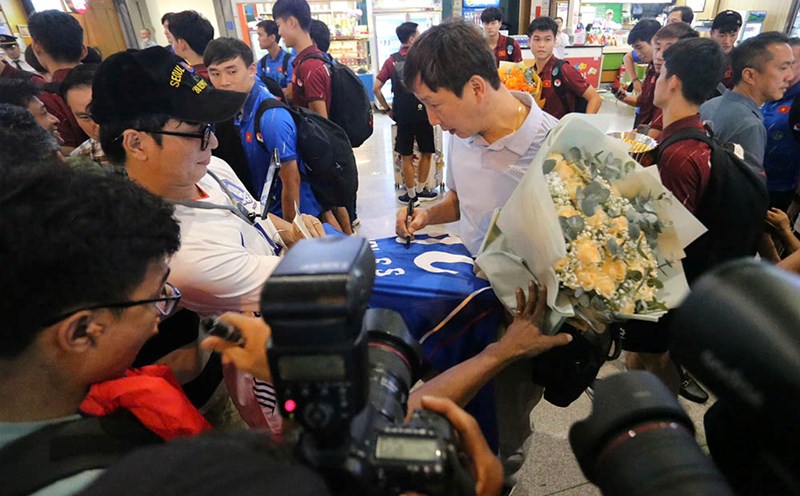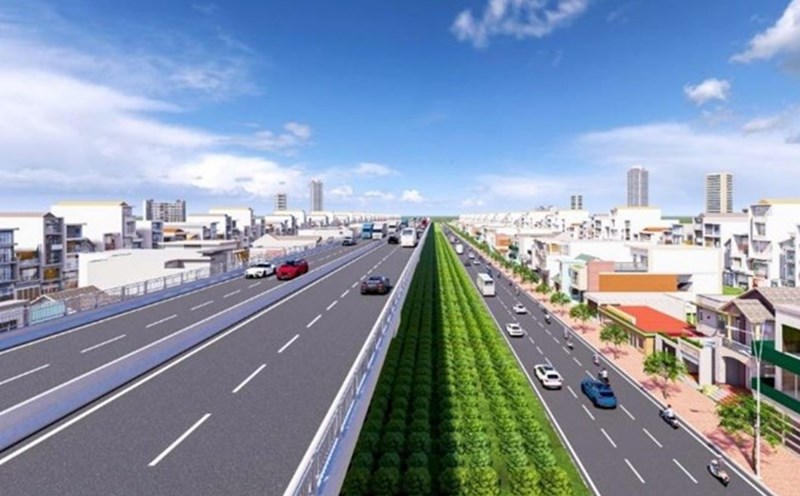On July 29, US and Chinese trade negotiators ended a 2-day meeting in Stockholm (Sweden) without reaching an agreement to prevent the re-application of historically high tariffs on each other's goods. However, US President Donald Trump's trade advisers and the Chinese delegation are optimistic.
If there is no agreement, both sides will re-impose record high tariffs on each other's imported goods starting on August 12.
Speaking to reporters in Stockholm, US Treasury Secretary Scott Bessent and US Trade Representative Jamieson Greer said constructive meetings and an agreement to extend the tax is possible.
The two US officials said there was no decision on whether to extend the tariffs or not, as the final decision would go to President Donald Trump.
For his part, President Trump also gave a positive signal. I just received a call from Scott and he said he had a very good meeting with China. They will report to me tomorrow, and I will decide whether to approve it or not, Trump said on July 29.
The US President also said he plans to meet with General Secretary and President of China Xi Jinping before the end of this year.

Deputy Minister of Commerce and Representative of China's International Trade negotiations Li Zheng Cuong told reporters that, based on the consensus between the two sides, China and the US will continue to promote the extension of the 24% tariff that the US side has postponed, as well as the response measures from China.
However, Minister Bessent dismissed this as an official consensus. The Chinese president said that we have agreed to a extension. But in reality, it is not. nothing has been approved until the President decides, Bessent said.
In May, China agreed to reduce US tariffs from 125% to 10%, while the US also reduced tariffs on Chinese goods from 145% to 30%.
If an agreement is not reached before August 12, Greer said the tax rate on Chinese exports to the US could increase by about 34%, but still lower than the previous peak of 145%.
Although there are no specific results yet, Mr. Bessent emphasized that there is still time to reach an agreement before the deadline.
Also on July 29, President Donald Trump threatened to impose a tax of up to 25% on imports from India if the two countries did not reach the trade agreement that the US wanted.
US Trade Representative Greer said the US and India still need more time for negotiations. He said that the discussions will continue, but there are still many things to clarify, especially the opening of the market.
In April, Mr. Trump temporarily suspended counterpart tariffs of up to 26% on Indian goods, but the new statement shows the risk of re-applying is increasing.
Mr. Trump has repeatedly criticized India's trade policy, saying that the country has the highest tariffs in the world and causes a large trade deficit with the US.











